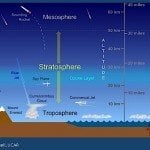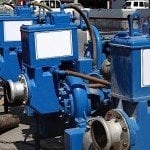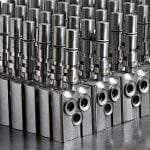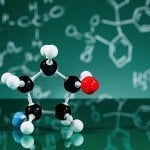Scientists from Rice University have unveiled a prototype solar-steam sterilizing machine that uses nano particle technology first revealed by the team a year ago. The solar-powered autoclave could be used to sterilize medical and dental instruments in areas where there is no electricity. The prototype autoclaves produce steam at temperatures ranging from 239 to 270 degrees Fahrenheit (115–132 Celsius), adequate to kill the most heat-resistant bacteria and viruses. The device was discussed at a national meeting of the American Chemical Society (ACS).
The autoclave requires only sunlight to power it, using nanoparticles developed by the Rice team. The nanoparticles, or nanoheaters, are mixed in water and are very efficient at turning sunlight into heat. When they are exposed to sunlight, the nanoparticles heat up quickly, instantly converting the water around them into steam. The overall energy efficiency of the nanoparticles is 24 per cent, compared to average photovoltaic efficiency of about 15 per cent.
According to Naomi Halas, the head of the solar project at Rice University, the nanoheaters generate steam remarkably efficiently. “More than 80 per cent of the energy they absorb from sunlight goes into the production of steam. In the conventional production of steam, you would have to heat the entire container of water until it boils.”
With this highly efficient action of the nanoparticles, the Rice researchers say they have invented a new way to heat water, which they are calling “solar steam.” Rather than heating water on a macro level, the nanoparticles have an extremely small surface area to dissipate heat. This allows the process to generate steam right at the surface of the particle.
What gives the technology such potential is that it does not require “acres of mirrors or solar panels” to work. The footprint is in fact very small.
“We have developed a solution,” Halas said in a statement, “our solar steam technology. It is completely off-grid, uses sunlight as the energy source, is not that large, kills disease-causing microbes effectively and relatively quickly and is easy to operate. This is an incredibly promising technology.”
A second autoclave prototype was unveiled, this one designed for disinfecting human and animal waste.
Another potential use of the technology, according to Halas, could be in hybrid solar-powered air-conditioning and heating systems. The solar steam process has also been shown to be more than twice as efficient at distilling water than conventional methods. This could be used to provide clean water for cooking and drinking in areas where potable water is scarce, distilling usable water from dirty or salty water.

































